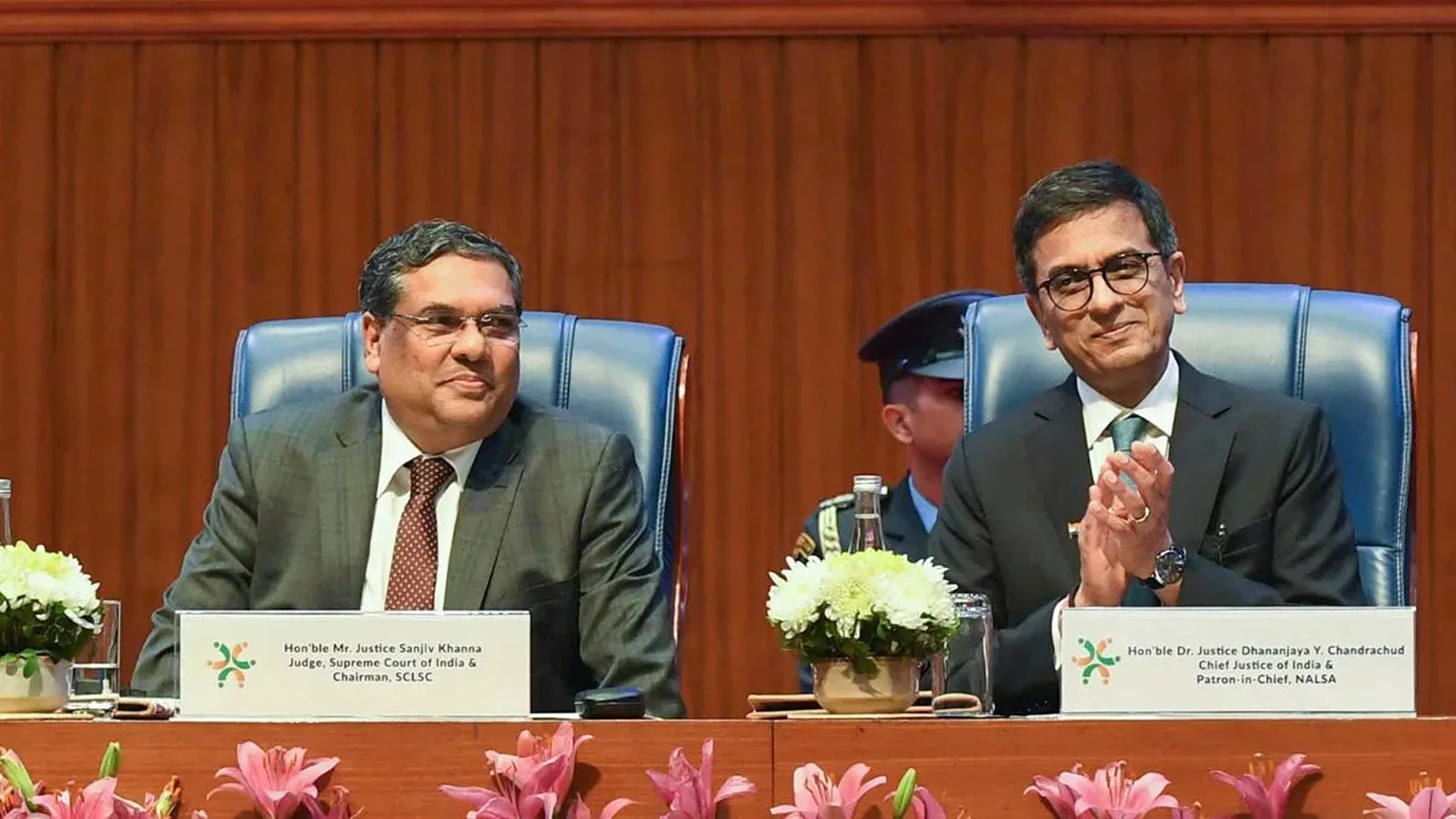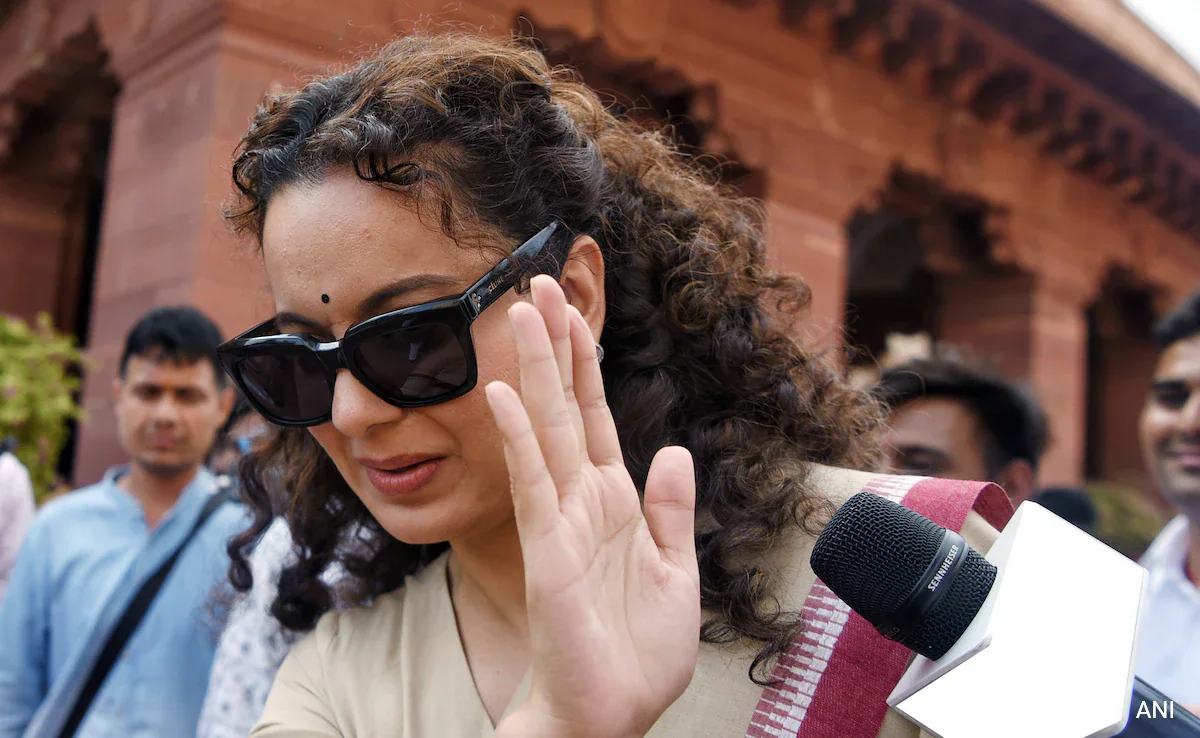Now Reading: CJI Chandrachud recommends Justice Sanjiv Khanna as next Chief Justice of India
-
01
CJI Chandrachud recommends Justice Sanjiv Khanna as next Chief Justice of India
CJI Chandrachud recommends Justice Sanjiv Khanna as next Chief Justice of India

Chief Justice of India D Y Chandrachud has formally recommended Justice Sanjiv Khanna as his successor, setting the stage for a smooth transition in the country’s highest judicial office. The recommendation was made during a gathering of Supreme Court judges, where CJI Chandrachud personally handed over a copy of the letter to Justice Khanna, maintaining the long-standing tradition of orderly succession in the judiciary.
Justice Sanjiv Khanna, currently the second-most senior judge of the Supreme Court, is expected to assume office after CJI Chandrachud’s retirement on November 10. Known for his calm demeanor and balanced judgments, Justice Khanna has played a crucial role in several landmark rulings related to civil liberties, governance, and constitutional law.
The recommendation process follows established judicial convention, where the sitting Chief Justice names the next in line based on seniority. Once approved by the central government, the President will officially appoint Justice Khanna as the 51st Chief Justice of India. His tenure is expected to last for nearly seven months.
Justice Khanna’s elevation holds symbolic significance as well. He is the nephew of Justice H R Khanna, remembered for his historic dissent during the Emergency, defending the fundamental rights of citizens. Many in the legal community view his appointment as a continuation of that legacy of judicial independence and courage.
Under Justice Chandrachud’s leadership, the Supreme Court has focused on technology integration, transparency, and expanding access to justice. Observers expect Justice Khanna to carry forward these reforms while maintaining the court’s balance between constitutional values and public accountability.
Conclusion:
With the recommendation now made, the transition of leadership at the Supreme Court appears set to proceed smoothly. Justice Sanjiv Khanna’s appointment is seen as both a continuation of judicial tradition and a reaffirmation of the court’s commitment to fairness, integrity, and constitutional responsibility in shaping the nation’s legal future.

























